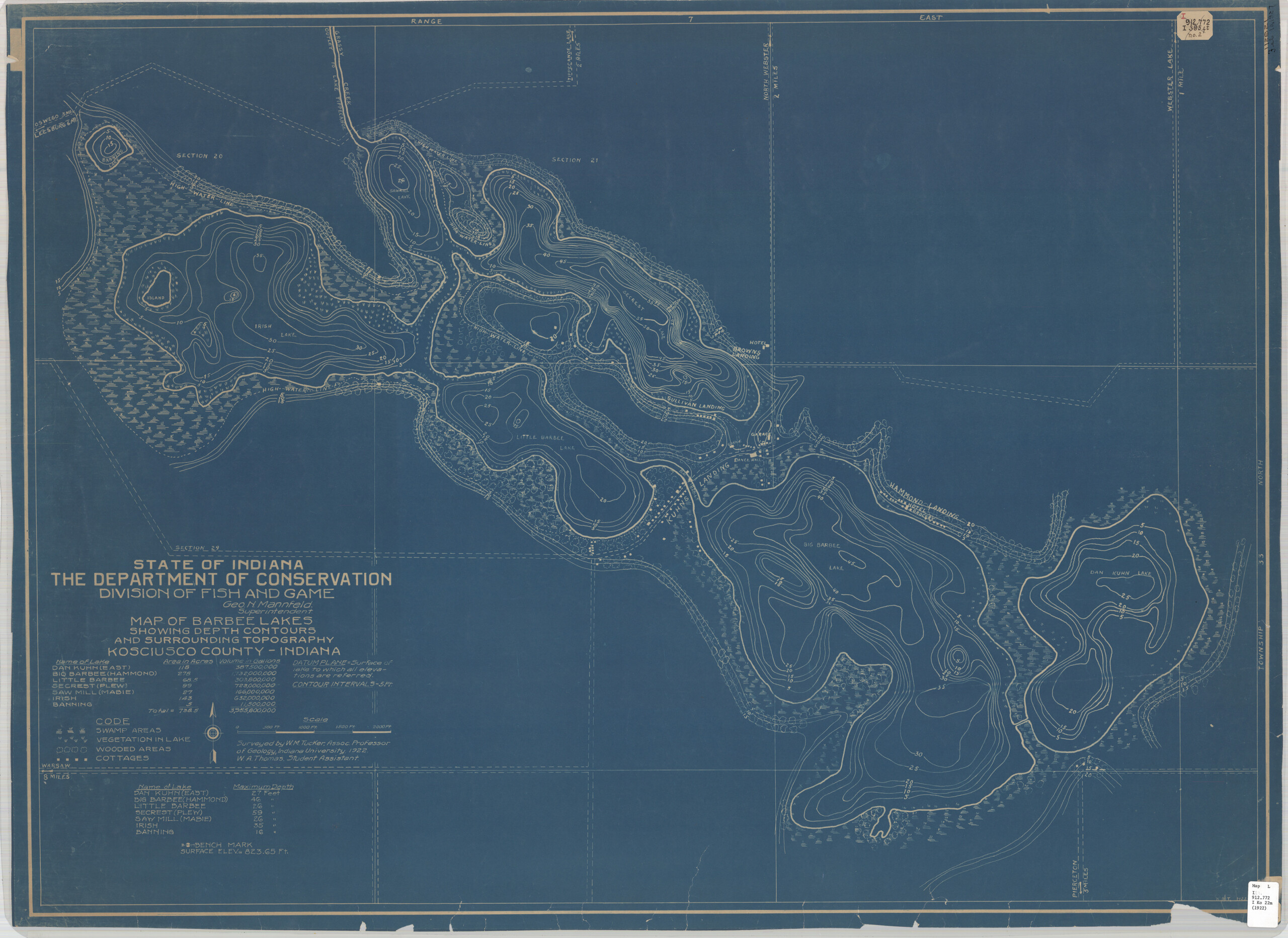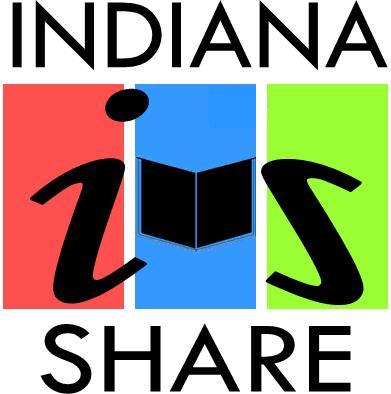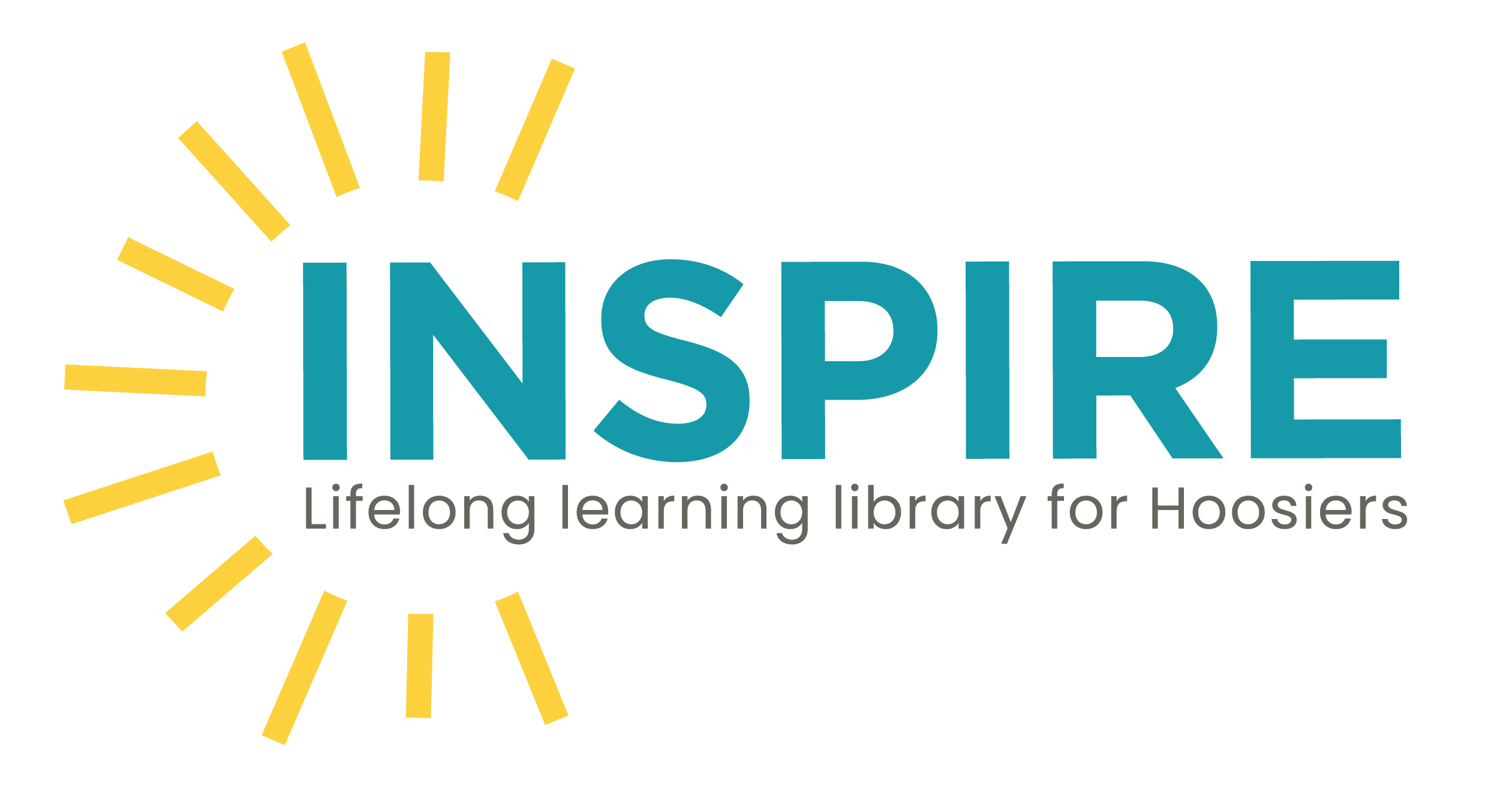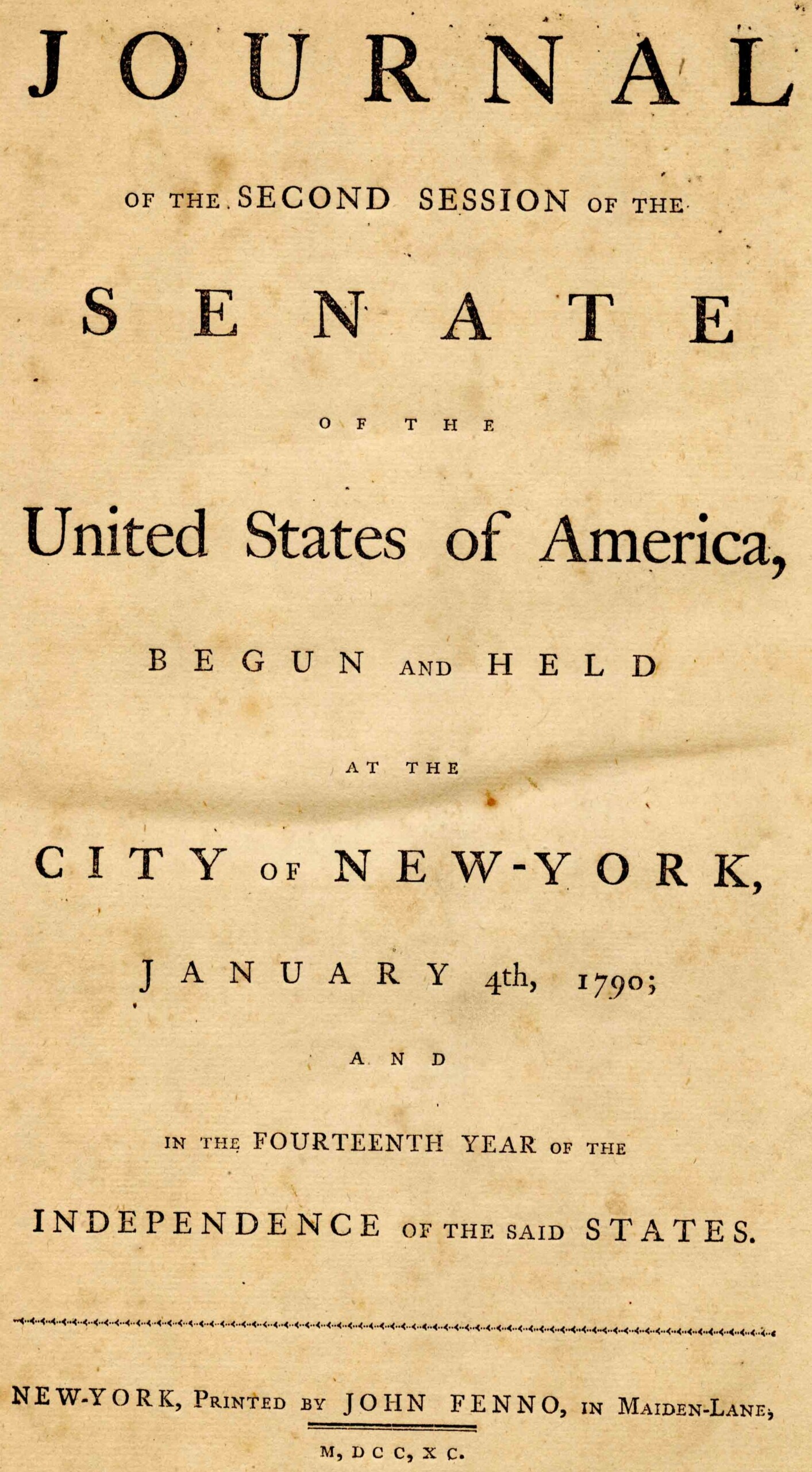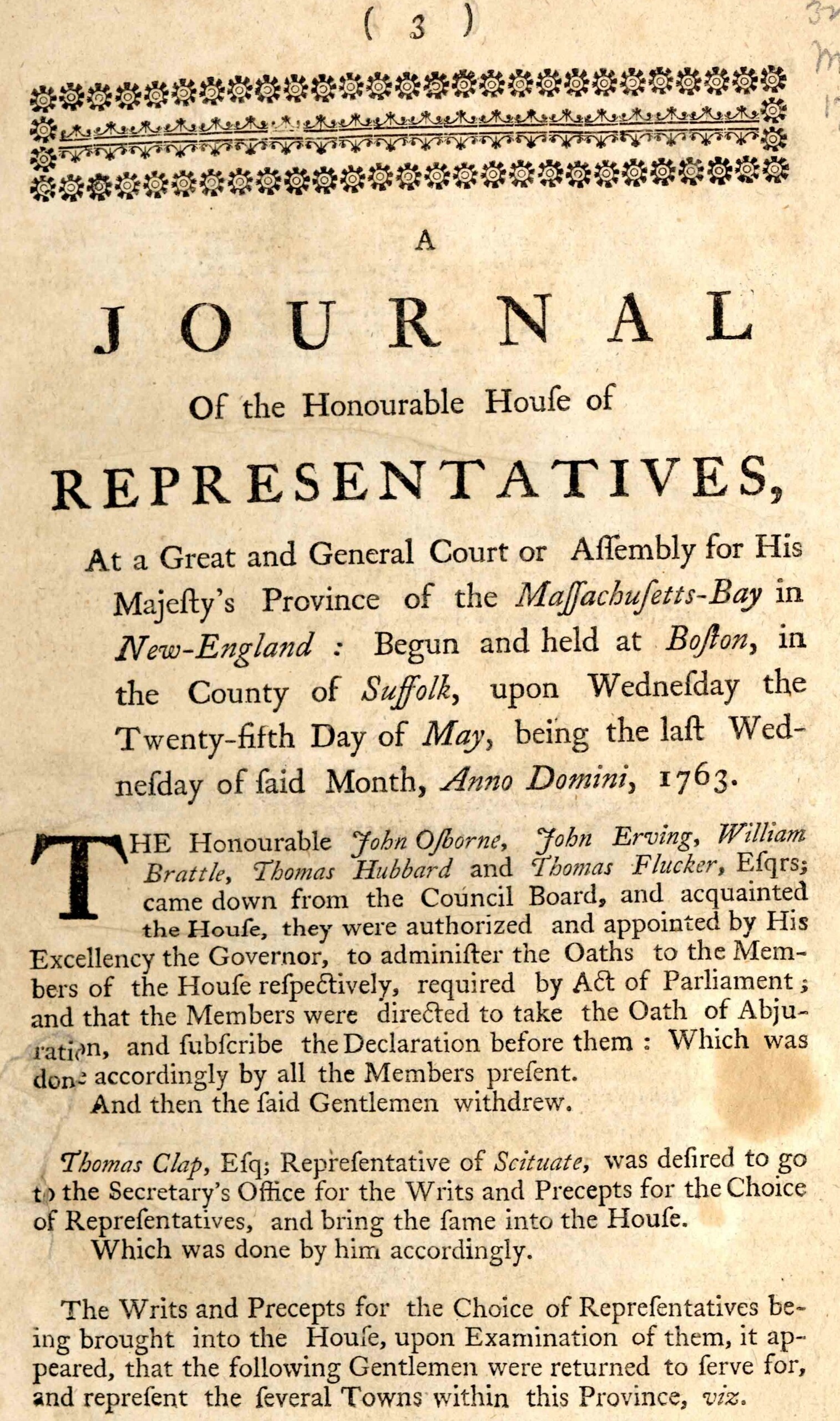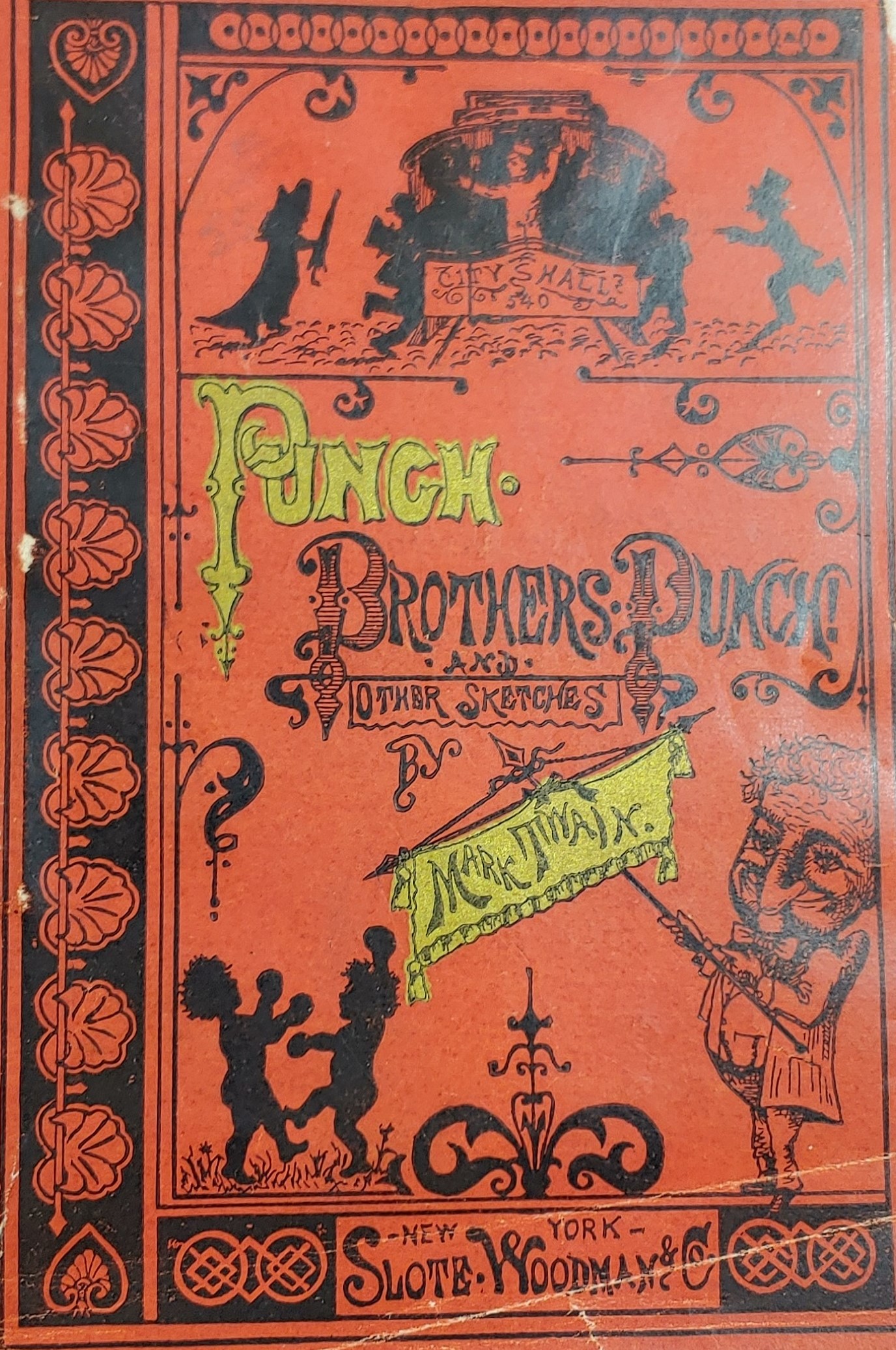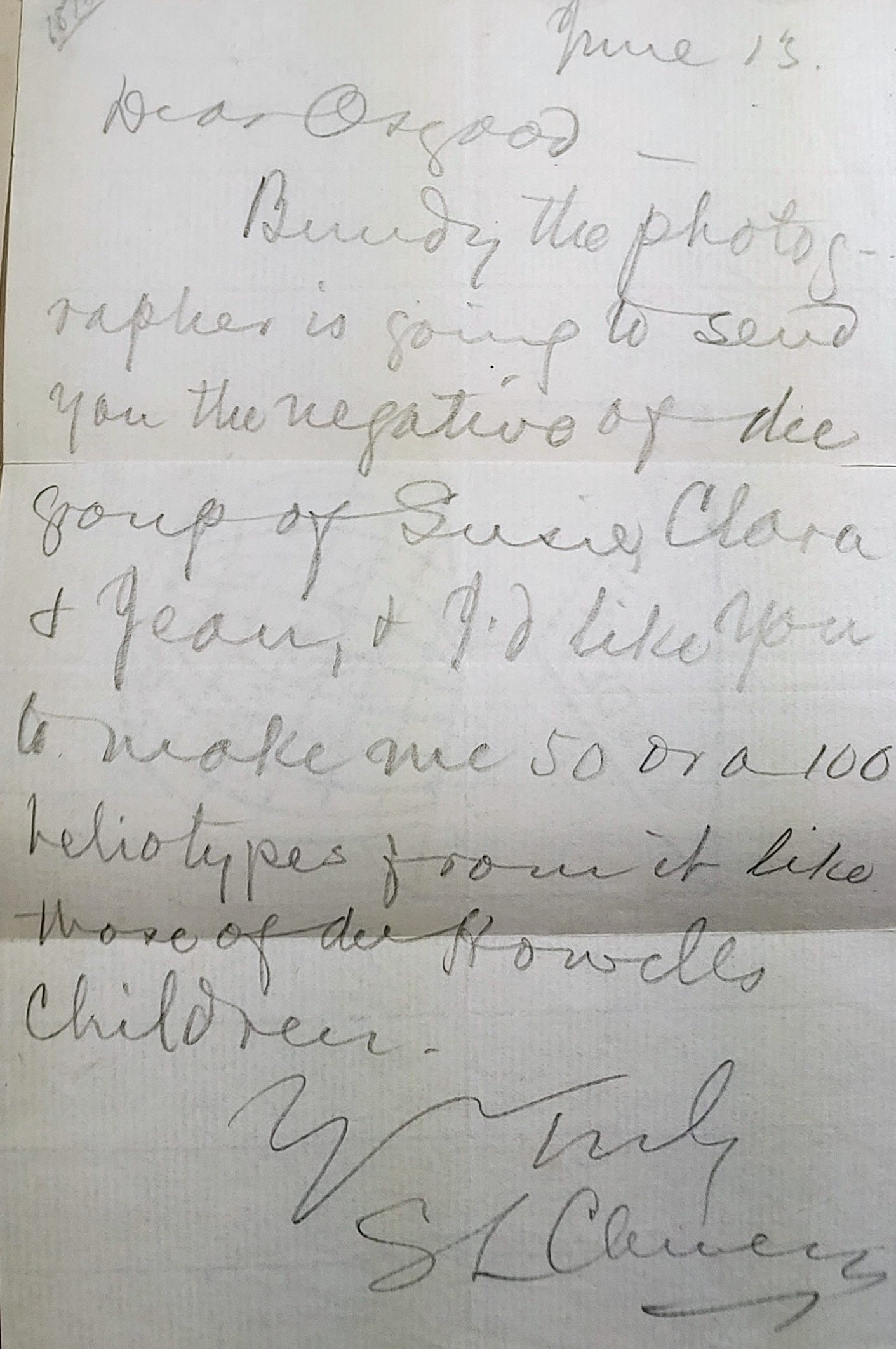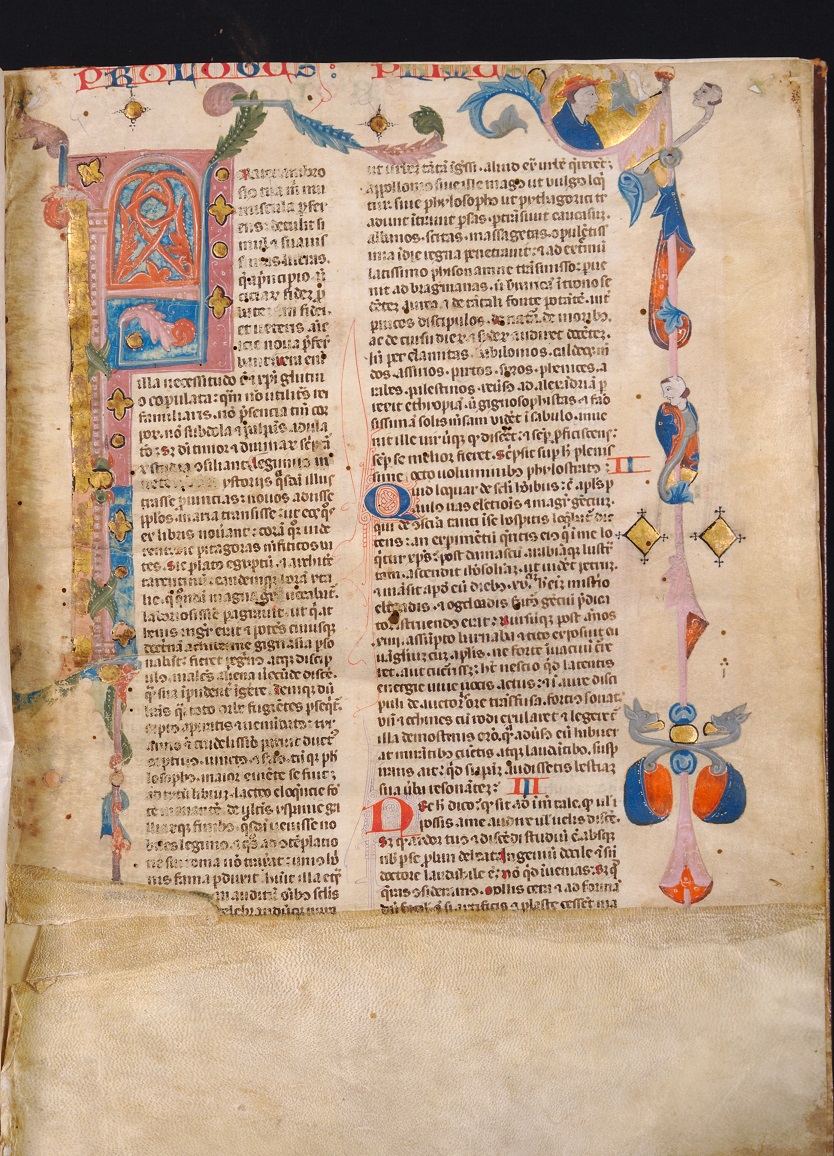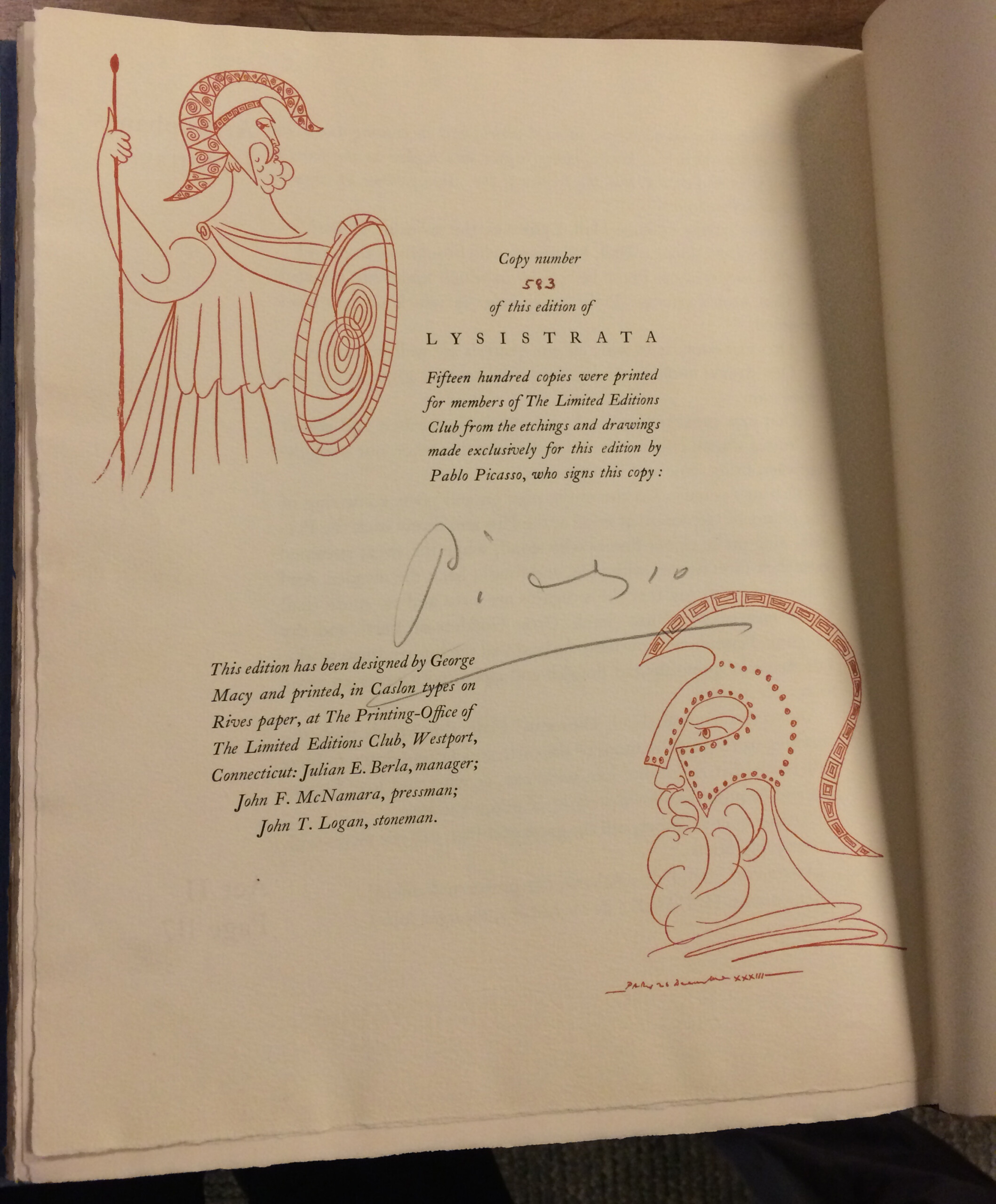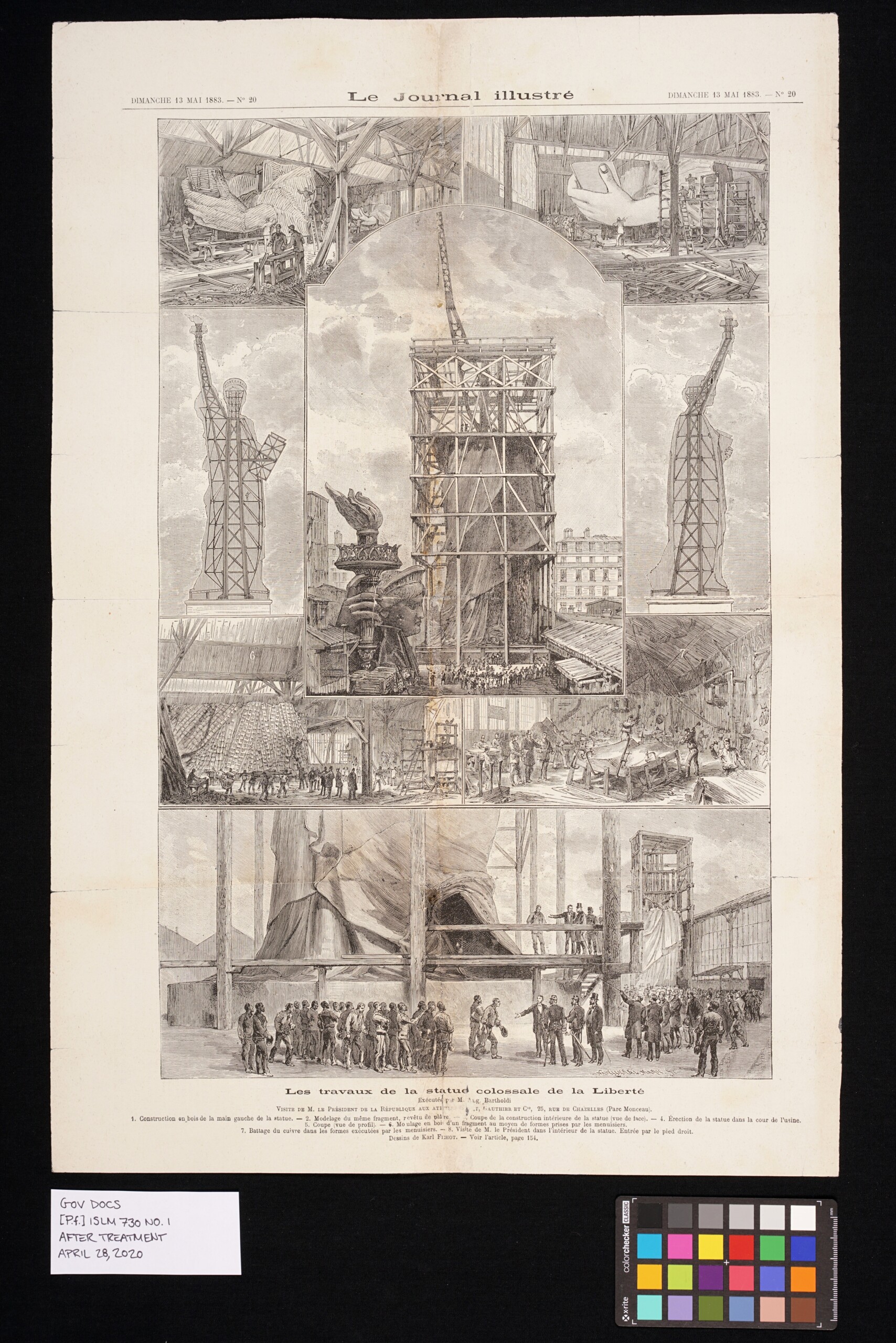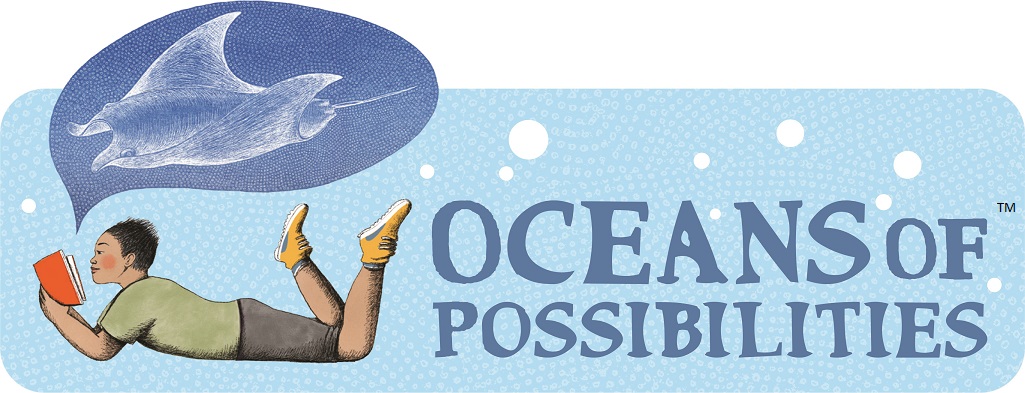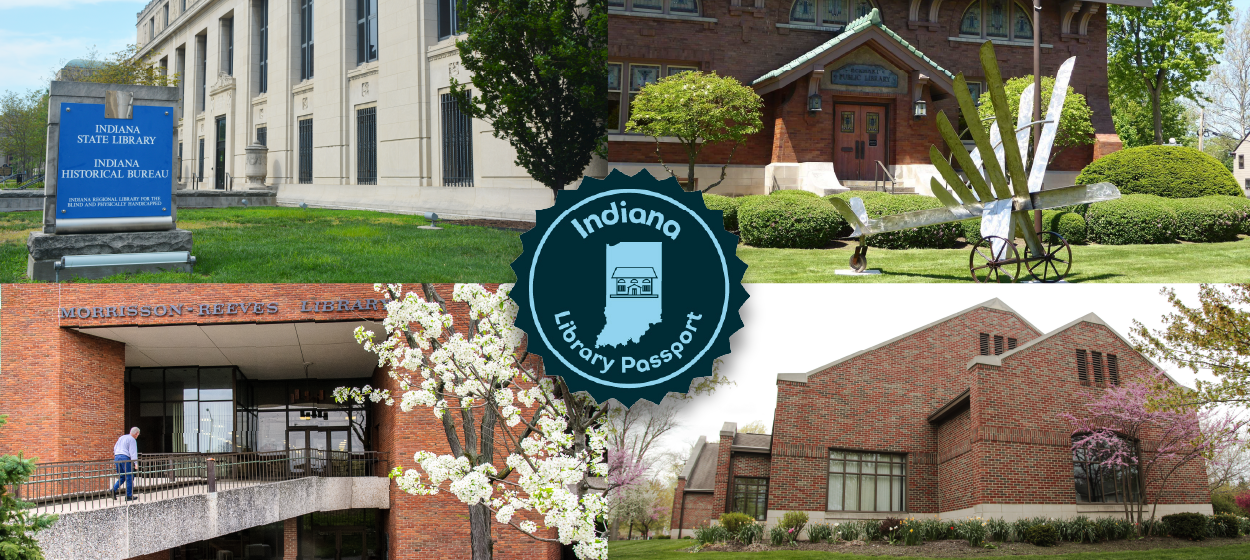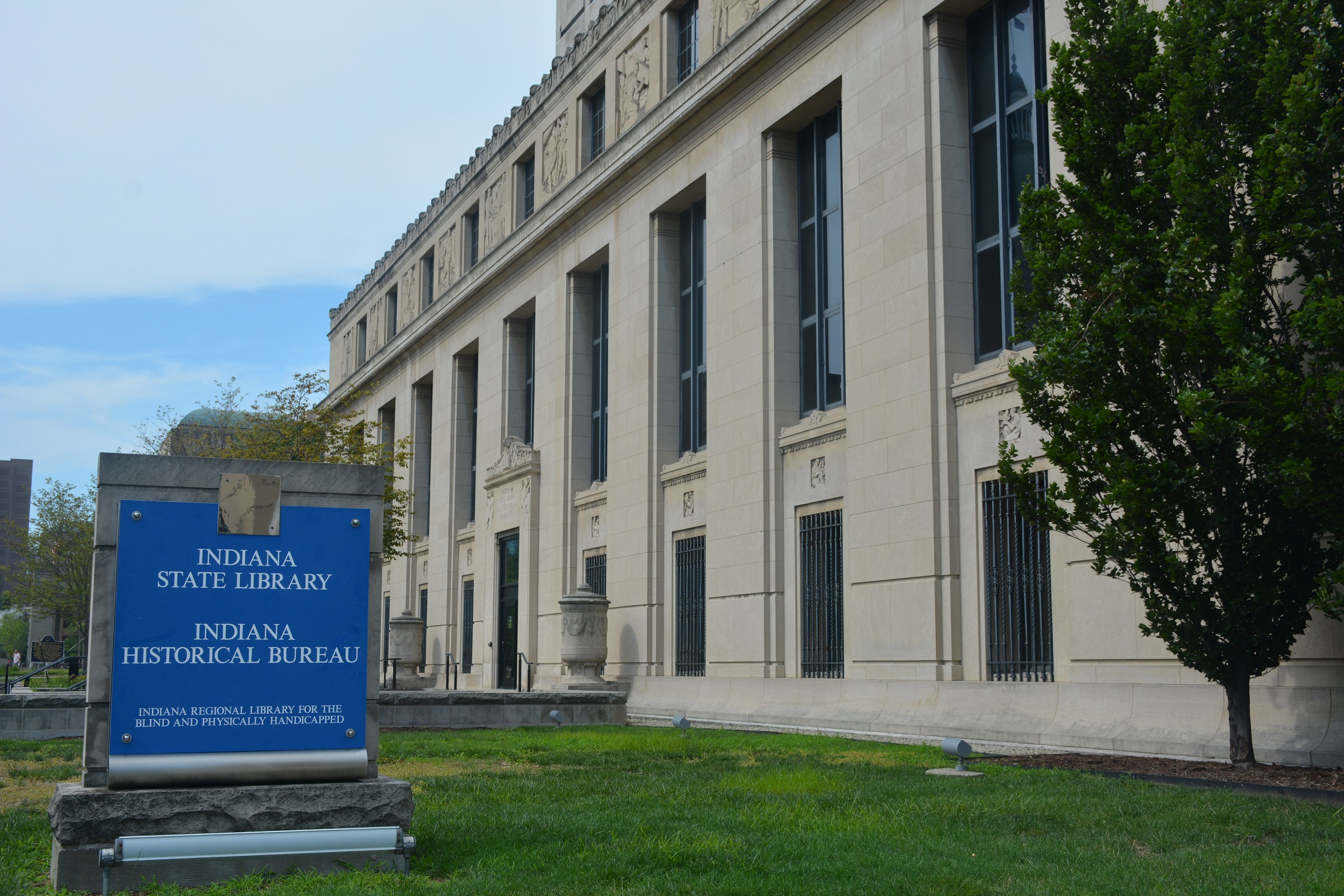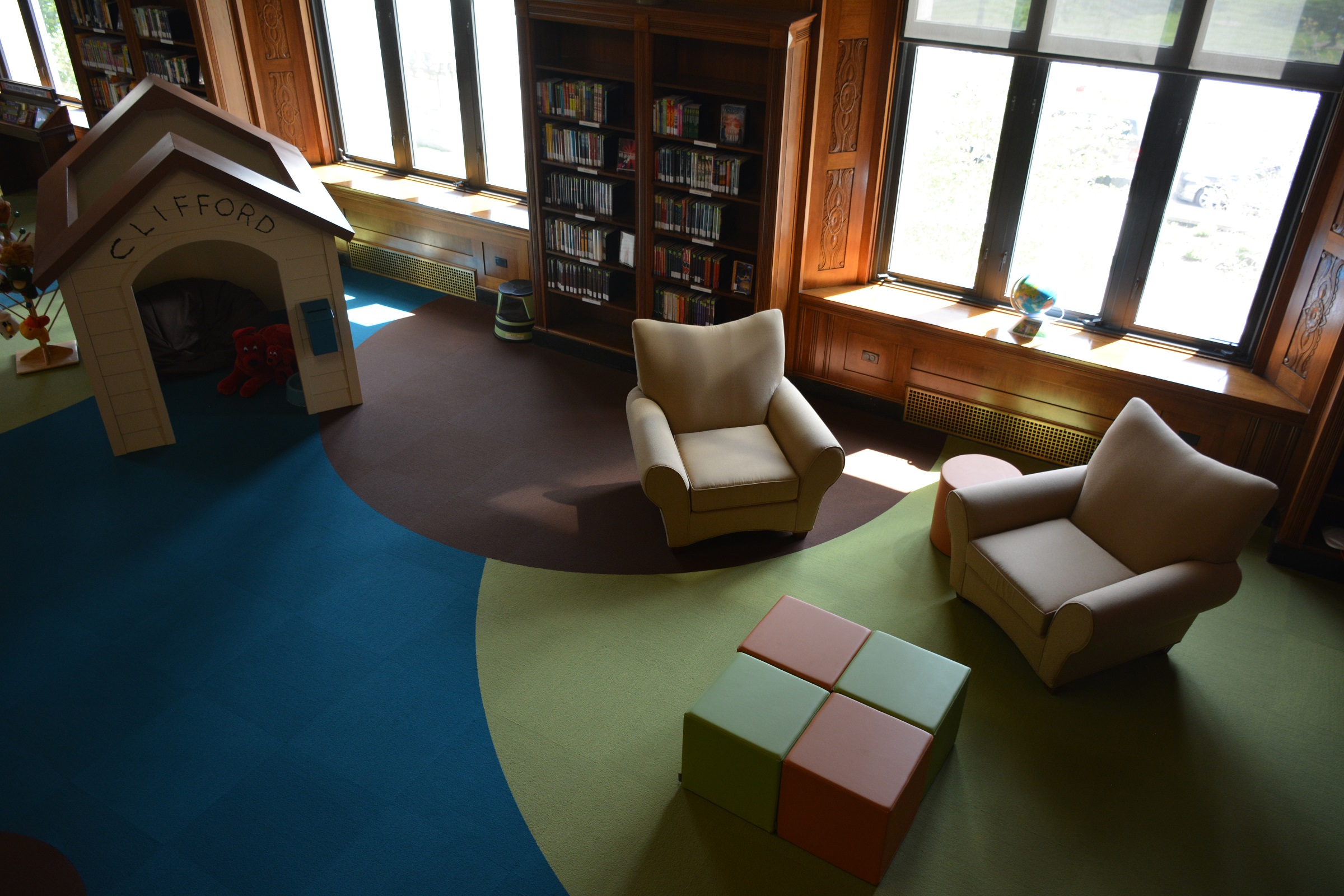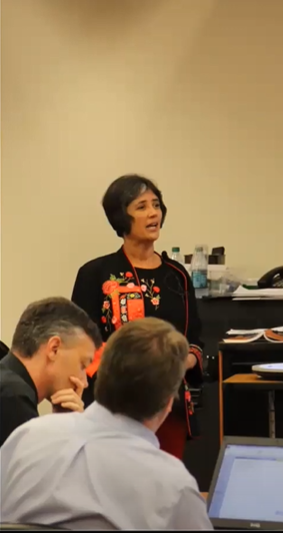A sudden hush… clipped sentences… cheerful replies…
Audiobook aficionados know that a storyteller’s voice can create tangible experiences. Narrating is not just the task of reading out loud, but the art of inviting others into the story. For patrons of the Indiana Voices program of the Indiana State Library’s Talking Book and Braille Library, volunteer narrators do just that.
Together with Indiana State Library staff, volunteers bring Hoosier words and voices to persons who cannot use standard printed materials due to a visual, physical or reading disability, and live in the state of Indiana or across the country. Cozy mysteries, local history, true crime, authors from Indiana and more are recorded in the program. But, what goes into the process of recording an audiobook?
 Narrators begin work on their titles outside of the studio, reading ahead for thorny sentences and unfamiliar pronunciations. Once they are confident in their preparation, they arrive at the downtown Indianapolis studio to narrate for an hour. A monitor outside the booth follows along in the text to catch mistakes and alert the narrator.
Narrators begin work on their titles outside of the studio, reading ahead for thorny sentences and unfamiliar pronunciations. Once they are confident in their preparation, they arrive at the downtown Indianapolis studio to narrate for an hour. A monitor outside the booth follows along in the text to catch mistakes and alert the narrator.
It may take months to finish a title, but when the back cover is eventually closed, the audiobook is sent to a volunteer reviewer for a final examination. Corrections are recorded, mistakes are edited out and the finished book is made available to Talking Books and Braille Library patrons.
 Reading out loud may sound easy, but each title represents up to four times as many behind-the-scenes hours as the total runtime of the audiobook. It takes dedication to bring an author’s words to life!
Reading out loud may sound easy, but each title represents up to four times as many behind-the-scenes hours as the total runtime of the audiobook. It takes dedication to bring an author’s words to life!
The most popular books of 2023, so far, that were recorded by Indiana Voices are:
- “Material Witness: A Shipshewana Amish Mystery” by Vanetta Chapman – Fiction DBC17818
- “Falling to Pieces: A Shipshewana Amish Mystery” by Vanetta Chapman – Fiction DBC13578
- “100 Things to Do in Indianapolis Before You Die” by Ashley Petry – Nonfiction travel guide – DBC12182
- “Born to Build: the Story of the Gene B. Glick Company” by Gene Glick – Nonfiction Biography – DBC17815
Volunteers are needed to do precisely that. Opportunities are open to join the work of providing Indiana-related titles to audiobook readers. Indiana is made up of many individual voices, representing different Hoosier communities, identities and experiences, all of which contribute to authentic interpretations of Indiana books. Volunteers from all the different communities and cultures in the state of Indiana are invited to apply. Volunteers are expected to work at least one hour every other week.
For those interested in learning more about volunteering with Indiana Voices as a narrator or as a monitor, please visit the Indiana Voices website or contact Hannah Arnold, Indiana Voices director, via email.
Patrons interested in audiobook materials from Indiana Voices should contact the Indiana State Library’s Talking Book and Braille Library at 317-232-3684.
This blog post was written by Hannah Arnold, Indiana Voices director,
and Judy Gray, Talking Books and Braille Library supervisor.

